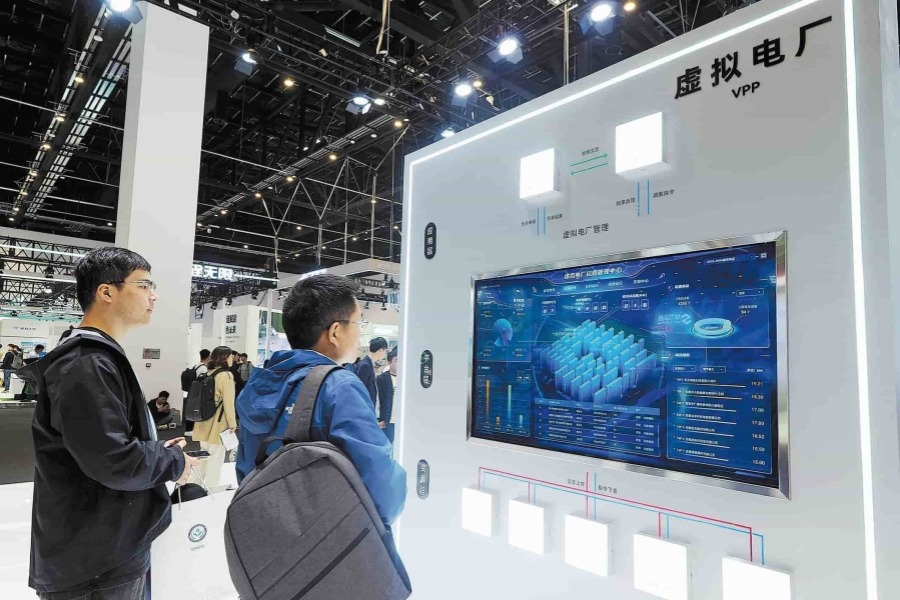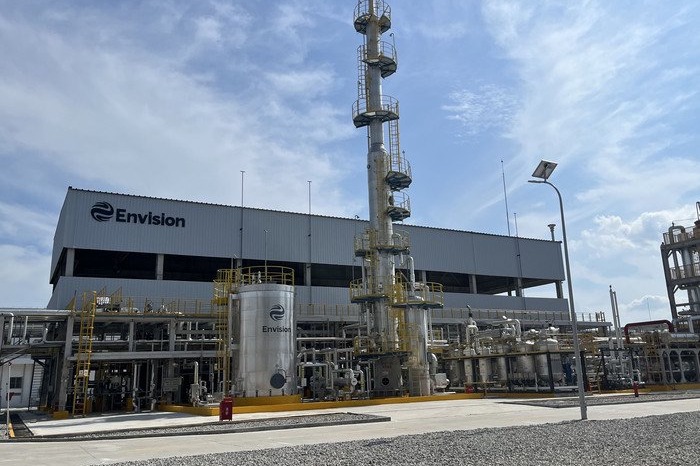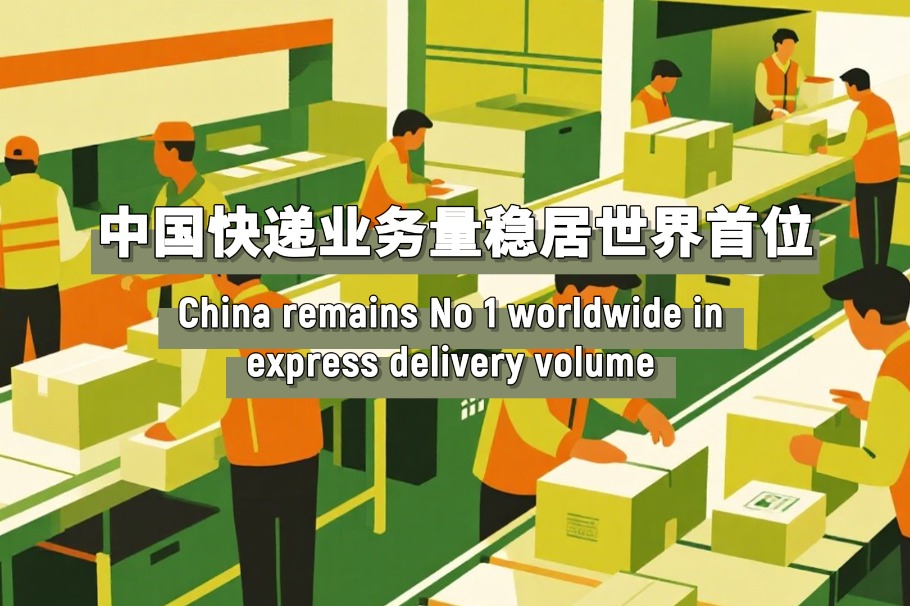US tariff hikes on Chinese products bound to backfire


BEIJING - The US decision to increase tariffs on Chinese products will inevitably boomerang, and will never be able to impede China's ongoing green transformation and industrial upgrading, according to experts.
On top of existing tariffs under Section 301, the United States on Tuesday announced new tariffs on a variety of imports from China, including electric vehicles (EVs), lithium batteries, photovoltaic cells, critical minerals, semiconductors, steel and aluminum.
The additional levy will cause tariffs on Chinese EV imports to rise to 100 percent this year. The tariff rate will rise to 50 percent on solar cell imports this year. Meanwhile, tariffs on certain Chinese steel and aluminum products will climb to 25 percent this year, and semiconductor tariffs will shoot up to 50 percent by 2025.
Calling the US move "a clear example of political manipulation," a spokesperson for the Ministry of Commerce (MOC) stated that the United States has politicized trade issues and used them as a tool.
The US tariff hike goes against the consensus reached by the leaders of the two countries and the promises of US President Joe Biden, and will seriously affect the atmosphere of bilateral cooperation, according to the MOC statement.
The Section 301 investigation, originating from the Cold War era, is infamous in international trade history. In September 2020, a WTO panel ruled that the Section 301 tariffs violated WTO rules.
"US politicians are using trade bullying policies as presidential campaign bids with an attempt to secure support from some labor unions," said Mei Xinyu, a researcher with the Chinese Academy of International Trade and Economic Cooperation under the MOC.
Besides political pandering, the hidden motive of the US tariff hike could also include hitting China's new energy industry, said Qu Fengjie, a researcher with the Academy of Macroeconomic Research under the National Development and Reform Commission.
"The US felt uneasy about China's rapid development of new energy vehicles (NEVs), so it granted itself an unfair advantage in the market competition by curbing and suppressing China's emerging industries, driven by a fear that American products might not be able to maintain the position at the top of the value chain in international trade," Qu said.
However, experts believe that the United States will not benefit from the additional tariffs at all and the move is self-detrimental in the long run.
"The additional tariffs will drive up commodity prices in the United States, which will end up dampening consumer spending and exacerbating inflations," Zhang Jun, chief economist with China Galaxy Securities, told Xinhua.
Supply chains and regular factory operations will face disruption due to increased costs, necessitating adjustments to keep operational and production costs in check, according to Zhang.
Moreover, experts have warned that the US tariff actions could undermine its own climate efforts as well as those of the world at large.
Chinese new energy products are highly popular in the global market, perfectly meeting the urgent demand of many countries transitioning toward green energy and helping stabilize the global industrial and supply chains, Zhang Jun said.
Each NEV is estimated to cut carbon emissions by approximately 1.66 tons annually. In 2023, China exported 1.2 million NEVs, which could reduce annual carbon emissions by around 2 million tons, MOC data showed.
These additional tariffs will undermine the shift toward electrification of the global auto industry and the development of low-carbon technologies, Zhang noted.
In light of groundless accusations from the United States against China, experts believe that China should unswervingly deepen its ongoing green transformation and industrial upgrading to play a more important role in driving global low-carbon energy transition.
"Protectionism is not a recipe for success. I am confident that relevant Chinese companies are resilient enough to ward off the impacts of the tariff hike while improving their industrial efficiency," Mei Xinyu said.
- Contractors slam Biden's solar cells tax
- Embassy on new tariffs: China to do 'whatever necessary' to defend its interests
- Biden unwisely dons the mantle of 'tariff man': China Daily editorial
- US increased tariffs on China's electric vehicles a large mistake
- On social media, puzzlement over EV tariffs




































